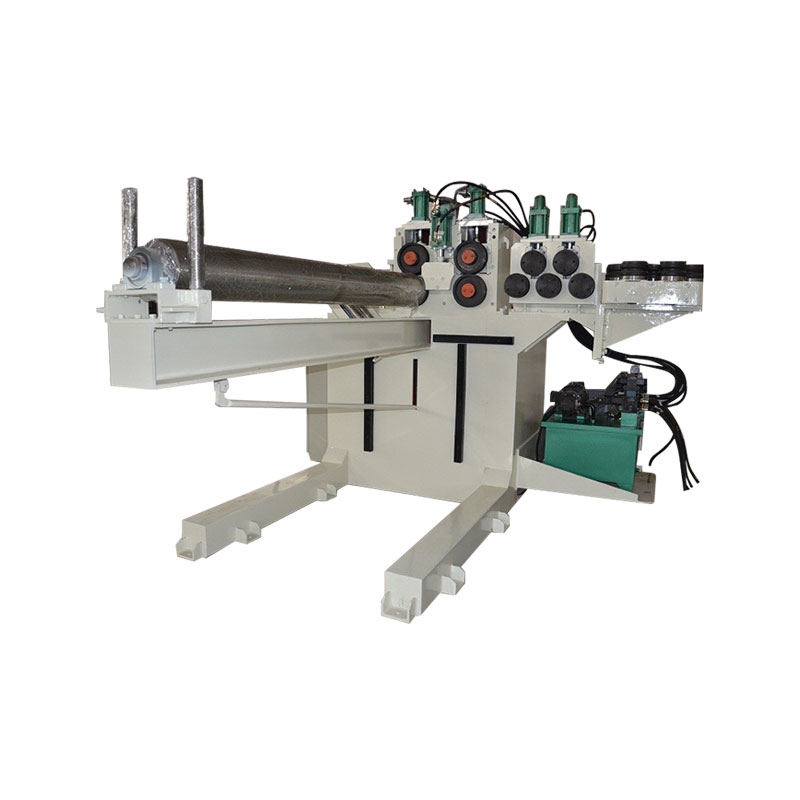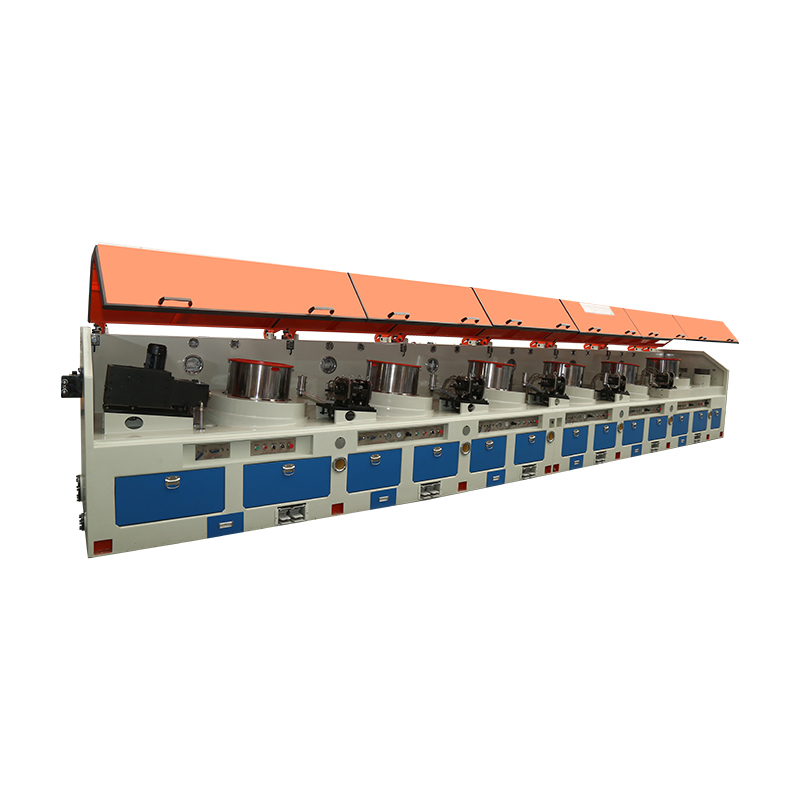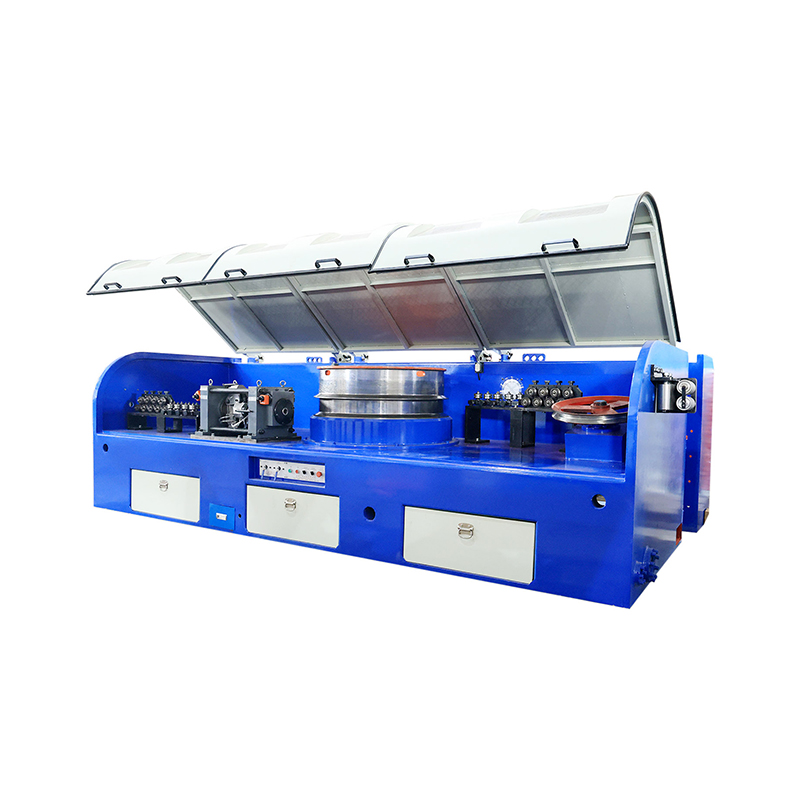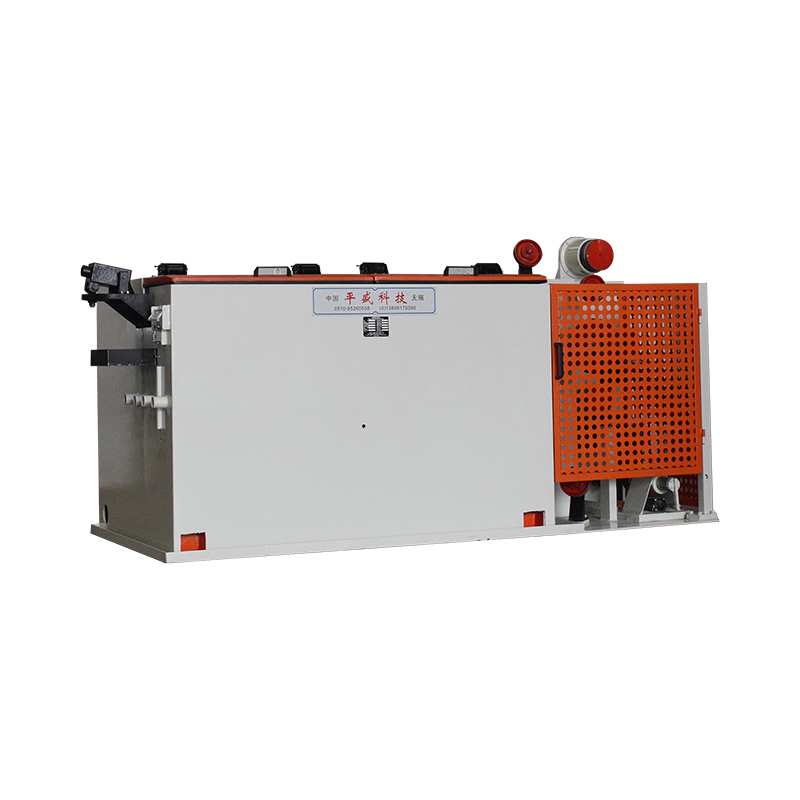What are common problems or maintenance issues with auto wire pay‑off machines?
Introduction to Auto Wire Pay-Off Machines
Auto wire pay-off machines are essential equipment in wire processing lines, designed to efficiently unwind wire from spools or reels while maintaining consistent tension. These machines are widely used in cable manufacturing, wire drawing, and electrical component production. Proper operation and maintenance are critical to ensure smooth performance and avoid downtime.
Common Mechanical Problems
Mechanical issues are among the most frequent challenges encountered in auto wire pay-off machines. These problems often result from wear and tear, improper handling, or lack of regular maintenance.
Bearing Wear and Failure
Bearings support the rotation of spools and rollers. Over time, high-speed operation and heavy loads can cause bearing wear or failure. Symptoms include unusual noise, vibration, or uneven wire tension. Regular lubrication and timely replacement of worn bearings are essential to prevent machine breakdown.
Misaligned Shafts and Rollers
Shaft or roller misalignment can result from improper installation or accidental impact. Misalignment may lead to uneven wire feed, excessive friction, and premature wear of moving components. Regular inspection and precise alignment using measuring tools are necessary to maintain smooth operation.
Drive System Failures
Auto wire pay-off machines often use motor-driven systems with belts or gears. Slippage, broken belts, or worn gears can reduce efficiency or halt production. Routine checks of tension, lubrication, and component integrity are required to prevent drive system failures.

Electrical and Control System Issues
Electrical components and control systems are critical for precise tension control, speed adjustment, and overall automation. Problems in this area can compromise the machine's performance and safety.
Motor and Drive Electronics
Motors may overheat due to overloading or electrical faults, leading to reduced efficiency or failure. Drive electronics, such as inverters or variable frequency drives, may experience power surges or component degradation. Ensuring proper voltage supply, ventilation, and routine electrical inspections can prevent these issues.
Sensor Malfunctions
Auto wire pay-off machines rely on tension sensors, speed sensors, and position sensors. Dust, debris, or wiring damage can cause inaccurate readings, resulting in uneven wire feed or tension fluctuations. Periodic sensor cleaning, calibration, and replacement are necessary to maintain accurate operation.
Control Panel and Software Errors
The control panel and software interface manage machine automation. Software glitches, outdated firmware, or control panel malfunctions can lead to unexpected stoppages or incorrect tension settings. Regular software updates and proper operator training reduce these risks.
Operational Challenges
Operational errors often contribute to maintenance issues. Ensuring proper handling and standardized procedures is key to preventing machine damage.
Incorrect Tension Settings
Improper tension can stretch, deform, or snap wire. Over-tensioning can strain mechanical components, while under-tensioning may result in loose winding. Operators should follow manufacturer guidelines and use calibrated tension control devices.
Overloading and Excessive Speed
Running the machine at speeds beyond recommended limits or using reels heavier than specified can lead to mechanical stress, overheating, and premature component failure. Operators must monitor load and speed to ensure safe operation.
Improper Wire Spool Handling
Incorrect loading or unloading of wire spools may damage the core, cause tangling, or misalign the pay-off mechanism. Following correct procedures and using appropriate lifting tools can minimize these risks.
Maintenance Best Practices
Proactive maintenance significantly reduces downtime and extends the lifespan of auto wire pay-off machines. Key practices include routine inspections, lubrication, calibration, and operator training.
- Lubricate bearings, shafts, and moving parts regularly according to manufacturer guidelines.
- Inspect electrical components, sensors, and wiring for wear, corrosion, or damage.
- Align shafts, rollers, and tensioning devices to ensure smooth wire feed.
- Calibrate tension sensors and control systems periodically for accurate operation.
- Train operators on correct speed, tension settings, and spool handling procedures.
- Keep the machine and surrounding area clean to prevent dust and debris from affecting moving parts or sensors.
Comparison of Common Issues and Solutions
| Issue | Cause | Solution |
| Bearing Noise or Failure | Wear, lack of lubrication | Lubricate and replace bearings |
| Uneven Wire Tension | Sensor malfunction, misalignment | Calibrate sensors, align rollers |
| Motor Overheating | Overload, electrical fault | Check load, inspect wiring and electronics |
| Control Panel Errors | Software glitch, faulty components | Update software, repair or replace components |
| Wire Tangling | Incorrect spool handling | Follow correct loading/unloading procedures |
Conclusion
Auto wire pay-off machines are crucial for efficient wire production, but they require careful operation and maintenance. Understanding common mechanical, electrical, and operational problems, combined with preventive maintenance practices, ensures reliable performance, reduces downtime, and extends the machine’s service life. Proper training of personnel and adherence to manufacturer guidelines are key to maximizing the benefits of these machines.


 EN
EN
 English
English Español
Español Français
Français Português
Português عربى
عربى














